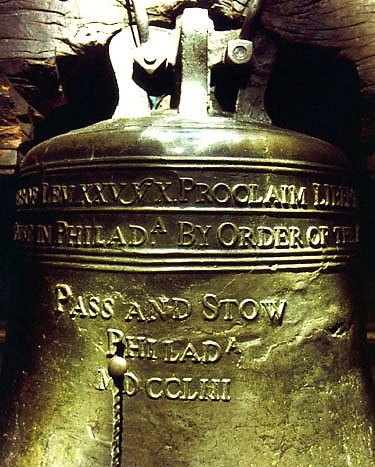Selena Hastings, The Secret Lives of Somerset Maugham (Random House, $35). Actually, not much of the dirt in this tell-all biography of the author of Of Human Bondage (and, needless to say, The Letter) will come as a surprise to those familiar with Ted Morgan’s Maugham, published in 1980. But Hastings is a much better writer who had unrestricted access to previously unknown primary source material, and the result is a smart book that portrays its subject with a welcome combination of candor and sympathy (TT).
Archives for July 4, 2010
CD
Punch Brothers, Antifogmatic (Nonesuch). The second album from mandolinist Chris Thile’s post-Nickel Creek quintet is a collection of original songs about love and its discontents. Like its predecessor, Antifogmatic is tantalizingly hard to pigeonhole. To call it “progressive bluegrass” makes a fair amount of sense but fails to convey the group’s rich yet coherent stylistic eclecticism. Why not settle for “incredibly hip acoustic music”? I’ll stand on that (TT).
TT: The best of all possible marches
John Philip Sousa’s “The Stars and Stripes Forever,” performed by Leonard Bernstein and the New York Philharmonic:
Performed on the organ by Cameron Carpenter:
Performed (audio only) by Vladimir Horowitz:
Performed (audio only) by Sousa’s Band in 1931, with a spoken introduction by the composer:
PLAY
The Grand Manner (Lincoln Center Theater, closes Aug. 1). Superbly acted by Kate Burton and Boyd Gaines and staged with sensitivity and wit by Mark Lamos, A.R. Gurney’s new play looks at first glance like a nostalgia-drenched valentine to Katharine Cornell and the lost world of old-fashioned theater. Don’t be fooled, though. The Grand Manner is really a searching, unexpectedly tough-minded portrait of the “lavender marriage” of a man and a woman who love but don’t desire one another. Smart, funny, poignant (TT).
THE CONVERSION OF DAVID MAMET
“The battles in which Mamet’s characters are engaged, as one of them remarks in American Buffalo, the most archetypical (and artful) of his portraits of American life, are zero-sum games in which only one player can win: “It’s kickass or kissass, Don, and I’d be lying if I told you any different.” When these plays were new, this caused them to be read by liberal critics as indictments of the American dream in all its hideous falseness. But the plays themselves are not nearly so explicit…”
TT: Today and tomorrow
 “About the Declaration there is a finality that is exceedingly restful. It is often asserted that the world has made a great deal of progress since 1776, that we have had new thoughts and new experiences which have given us a great advance over the people of that day, and that we may therefore very well discard their conclusions for something more modern. But that reasoning can not be applied to this great charter. If all men are created equal, that is final. If they are endowed with inalienable rights, that is final. If governments derive their just powers from the consent of the governed, that is final. No advance, no progress can be made beyond these propositions. If anyone wishes to deny their truth or their soundness, the only direction in which he can proceed historically is not forward, but backward toward the time when there was no equality, no rights of the individual, no rule of the people. Those who wish to proceed in that direction can not lay claim to progress. They are reactionary. Their ideas are not more modern, but more ancient, than those of the Revolutionary fathers.”
“About the Declaration there is a finality that is exceedingly restful. It is often asserted that the world has made a great deal of progress since 1776, that we have had new thoughts and new experiences which have given us a great advance over the people of that day, and that we may therefore very well discard their conclusions for something more modern. But that reasoning can not be applied to this great charter. If all men are created equal, that is final. If they are endowed with inalienable rights, that is final. If governments derive their just powers from the consent of the governed, that is final. No advance, no progress can be made beyond these propositions. If anyone wishes to deny their truth or their soundness, the only direction in which he can proceed historically is not forward, but backward toward the time when there was no equality, no rights of the individual, no rule of the people. Those who wish to proceed in that direction can not lay claim to progress. They are reactionary. Their ideas are not more modern, but more ancient, than those of the Revolutionary fathers.”
Calvin Coolidge, address at the celebration of the 150th anniversary of the Declaration of Independence, Philadelphia, Pa., July 5, 1926
TT: The first time
Calvin Coolidge speaking on the White House grounds in 1924. This is the first sound film ever taken of an American president:
